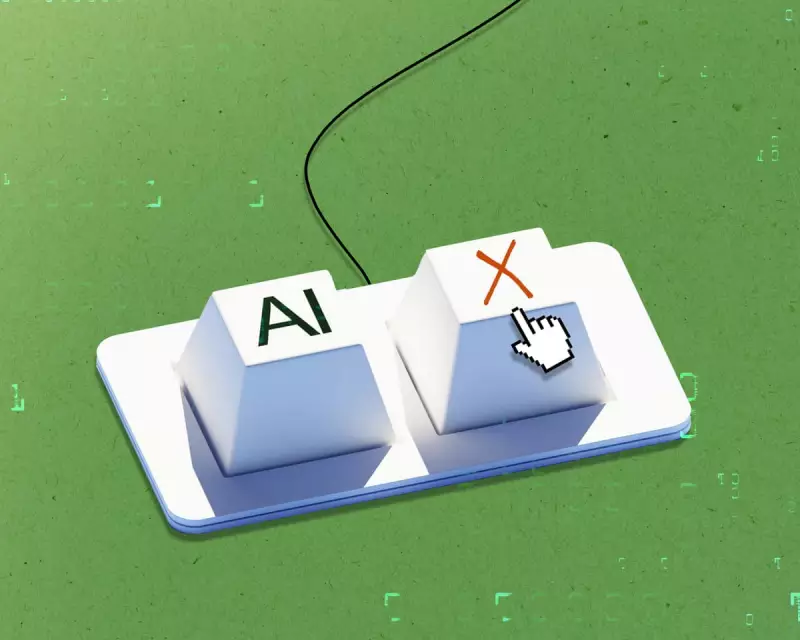
In a surprising twist for digital search habits, Google has implemented a new safety feature that automatically blocks AI-generated answers when users include swear words in their queries. This controversial filtering system is raising important questions about digital censorship and user autonomy.
The Profanity Filter in Action
When users input searches containing strong expletives, Google's AI assistant Gemini now refuses to generate its typical detailed responses. Instead, users receive a message stating: "If you're looking for results without explicit language, try this search on Google." The system then provides a direct link to traditional search results.
This filtering mechanism appears to target what Google defines as "profanity" and "offensive language," though the exact parameters remain somewhat ambiguous. The Guardian's testing confirmed that common swear words trigger this response, while milder expletives may still generate AI answers.
Safety Measure or Digital Censorship?
Google defends this approach as part of their commitment to "safe and positive experiences." A company spokesperson explained that the filter helps prevent the AI from generating potentially harmful or offensive content, aligning with their responsible AI development principles.
However, digital rights advocates and some users are pushing back. Critics argue this represents another form of digital paternalism, where tech companies decide what language adults can use in their searches. There are concerns about how this might affect legitimate research, creative work, or even academic studies involving language analysis.
The User Experience Dilemma
The implementation creates an interesting paradox for users. While the AI refuses to answer, traditional search results still appear—meaning the "censored" content remains accessible, just not through the AI interface. This raises questions about the practical effectiveness of the filter.
Some users have discovered they can bypass the restriction by using asterisks or creative spelling, suggesting the filter relies on basic word matching rather than contextual understanding.
The Bigger Picture for AI Development
This development reflects the ongoing tension in AI development between safety protocols and user freedom. As AI becomes more integrated into daily search habits, companies face increasing pressure to implement guardrails against misuse.
The question remains: should AI systems refuse to assist based solely on the language used in queries, or should they focus on the intent behind the search? As one digital rights expert noted, "The line between protection and paternalism is becoming increasingly blurred in the AI age."
For now, Google users seeking unfiltered AI assistance might need to mind their language—or risk being left without the smart answers they've come to expect.





